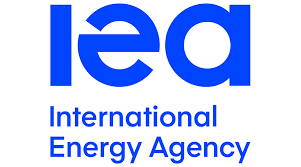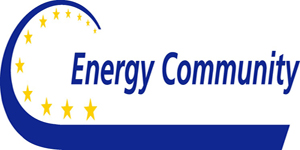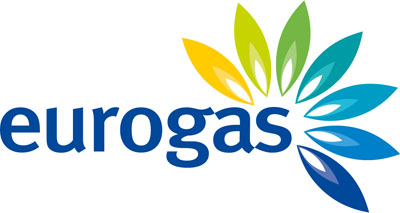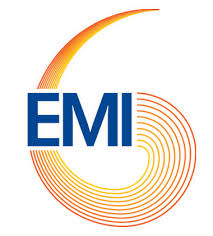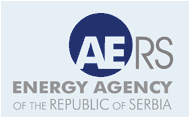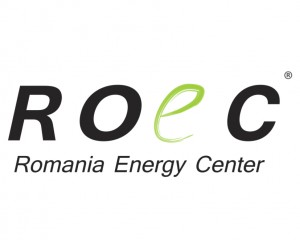Standard & Poor's Global Ratings said it has affirmed its 'BBB-/A-3' long- and short-term corporate credit ratings on Slovenia-based energy company Petrol, with a stable outlook.
At the same time, the ratings agency has affirmed its 'BBB-' issue rating on Petrol's senior unsecured debt, it said in a statement late on Monday.
"The stable outlook on Petrol reflects our expectations of stable profitability and positive cash flow generation after dividends, with leverage remaining at current levels or below", S&P noted.
The ratings agency also said:
"The affirmation reflects management's progress to deleverage the business in line with our previous base-case scenario. As of December 2016, Petrol reported net debt to EBITDA of 2.6x (equivalent to S&P Global Ratings-adjusted debt to EBITDA of 2.4x), in line with the company's financial policy of net debt to EBITDA of 2.0x-2.5x over the medium term. We believe that credit metrics are likely to improve further with continued modest low-single-digit EBITDA growth, moderate capital expenditure (capex), and relatively stable dividends. We now assess the financial risk profile as intermediate.
In addition, the reduction in 2016 debt levels to about €400 million as of Dec. 31, 2016 is also associated with the divestment of a 50% stake in the subsidiary GEN-I for about €45 million. As we do not expect the company to divest other material noncore assets in the next few years, we revised our financial policy modifier to neutral from positive. On the other hand, Petrol increased its stake in the natural gas supplier, GeoPlin, to 40%. We understand that the company is likely to further increase its stake and ultimately consolidate GeoPlin. Based on different scenarios, the credit metrics could increase somewhat, but leverage is expected to remain at 2x-3x, which we view as commensurate with the current ratings.
Under our base-case scenario, we project that Petrol's adjusted EBITDA will be about €150 million in 2017, with modest improvement in 2018. We note that adjusted EBITDA in 2016 increased significantly to €168 million (reported EBITDA of €143.8 million), mainly due to extraordinary petroleum sales during the year, which are not expected to be maintained. Under our base case, petroleum sales will remain the main EBITDA generator for the company, totaling about €90 million annually (about 60%); merchandise will contribute about €30 million (20%); and the remainder will come from liquid petroleum gas sales (6%-7%) and the increasing energy and environmental segments (about 15%).
The following assumptions underpin our base case:
- Brent oil price of €50 per barrel (/bbl) in 2017 and 2018. While the
change in oil price affects the company's revenues, it has a limited impact on
the company's EBITDA, with slightly greater impact on the company's working
capital.
- GDP recovery in Slovenia and Southeast Europe supporting demand for oil
products and gas, with real GDP growth in Slovenia of 2.7% in 2017 and 2.4% in
2018.
- Overall petroleum sale volumes will gradually increase from 2.7 million to
2.9 million tons, mainly driven by network expansion. Higher-margin products
and services will also contribute to our expected increase in EBITDA in
2017-2019.
- The oil product pricing model will remain in force in Slovenia, although we
believe that further liberalization is likely in the long term.
Petrol's profitability to remain broadly stable in 2017. A modest improvement
in EBITDA margins could be seen as the company increases its sales of
higher-margin, nonfuel products.
- Stable demand for liquid fuel products with a slight improvement in the sales
of food and merchandise products, thanks to stabilizing economic conditions.
- An increase in revenue from energy and environmental services based on the
recent purchase of the wind power plant in Croatia and further investments in
this segment.
- Annual capex of about €70 million in 2017 and beyond, in line with the
company's guidance.
- Dividend payout of about 35%-40% of net profit, as seen in previous years.
Based on these assumptions, we arrive at the following credit measures:
- Debt to EBITDA of 2.5x-3.0x in 2017 and about 2.5x in 2018;
- Funds from operations (FFO) to debt of about 30%-35% in 2017-2018; and
- Positive discretionary cash flows of about €20 million annually in 2017 and
2018.
Our fair assessment of Petrol's business risk profile reflects its moderate size compared to peers, moderate geographic diversification, strong domestic fuel-retail-market position (approximately 55% market share), strong brand, high barriers to entry, and relatively weak profitability. We recognize that the last factor is largely due to current Slovenian regulation that imposes fixed gross margins, below the EU average, on domestic petroleum product sales.
In addition, Petrol has a clearly articulated incremental growth strategy, showing innovation and improving operational performance. The company has some diversification through its expanding operations outside Slovenia and in parallel markets, in addition to a gradual increase in the energy and environmental services through acquisitions and new projects. We also recognize that Petrol has mitigated adverse conditions, including regulatory changes in its Slovenian key markets, which demonstrates management's ability to achieve its financial targets.
We consider Petrol to be a government-related entity (GRE) due to its link to the Slovenian government, mostly through the stake of almost 20% in state-owned Slovenski državni holding (Slovenian sovereign holding), but also through the state pension fund Kapitalska Druzba (about 8%) and the Republic of Slovenia (3%). However, we note it could be sold over time. We continue applying a one-notch positive adjustment to Petrol's 'bb+' stand-alone credit profile to reflect our view that Petrol, as a GRE, has a moderate likelihood of receiving extraordinary government support if needed.
Our opinion on the GRE status is based on the:
- Limited link between Petrol and the Slovenian state, given that the
government is a minority shareholder and does not interfere in the company's
strategic planning and operations. In addition, we believe that the company's
expansion into other nonstrategic activities in Slovenia and/or activities
outside Slovenia may also reduce the likelihood of the government providing
extraordinary support.
- Important role and existing market share of the company in Slovenia,
including its ownership of some strategic oil reserves. In our view, the
entrance of international players (such as OMV) to the Slovenian market,
together with further market liberalization, may reduce the importance of the
company to the domestic economy. The government's stake in the company is worth
about €150 million, and it receives an annual dividend of about €4 million.
The stable outlook reflects our view of Petrol's broadly stable profitability, with adjusted EBITDA of approximately €150 million in 2017 and positive cash flow generation after dividends, as well as its adequate liquidity. We view debt to EBITDA of 2x-3x as commensurate with the existing ratings.
We could lower the ratings if we think that Petrol's debt to EBITDA will increase above 3x in the next couple of years. This could happen if the company's EBITDA is materially lower than our expectations or if it enters into material investments.
In addition, a potential downgrade is possible if we change our view of the relationship between Petrol and the Slovenian state (which currently owns a 20% stake). This could happen if Petrol materially expanded its operations outside the Slovenian market, the government decreased its ownership stake materially, or if we perceive further deregulation of the petrol industry in Slovenia as an indication of reduced importance of Petrol for the Slovenian government.
Over the short term, we do not anticipate an upgrade. A positive rating action would be linked to an improvement in the company's portfolio, for example, further development of the energy and environmental activities. Alternatively, we may consider an upgrade if adjusted debt to EBITDA remained below 2x over time, backed up by the company's financial policy and an established track record."
(SeeNews, March 21)


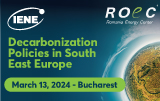

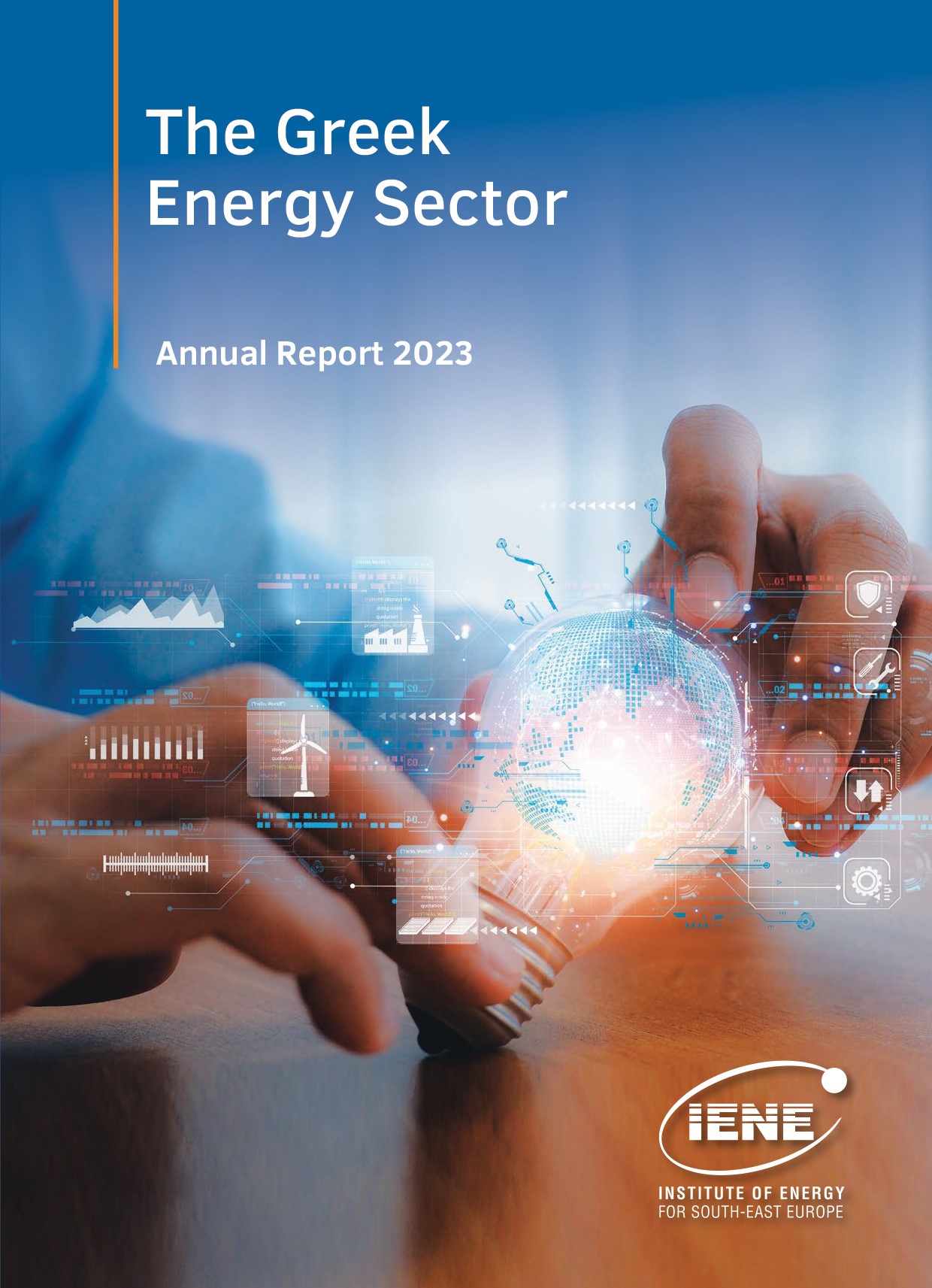

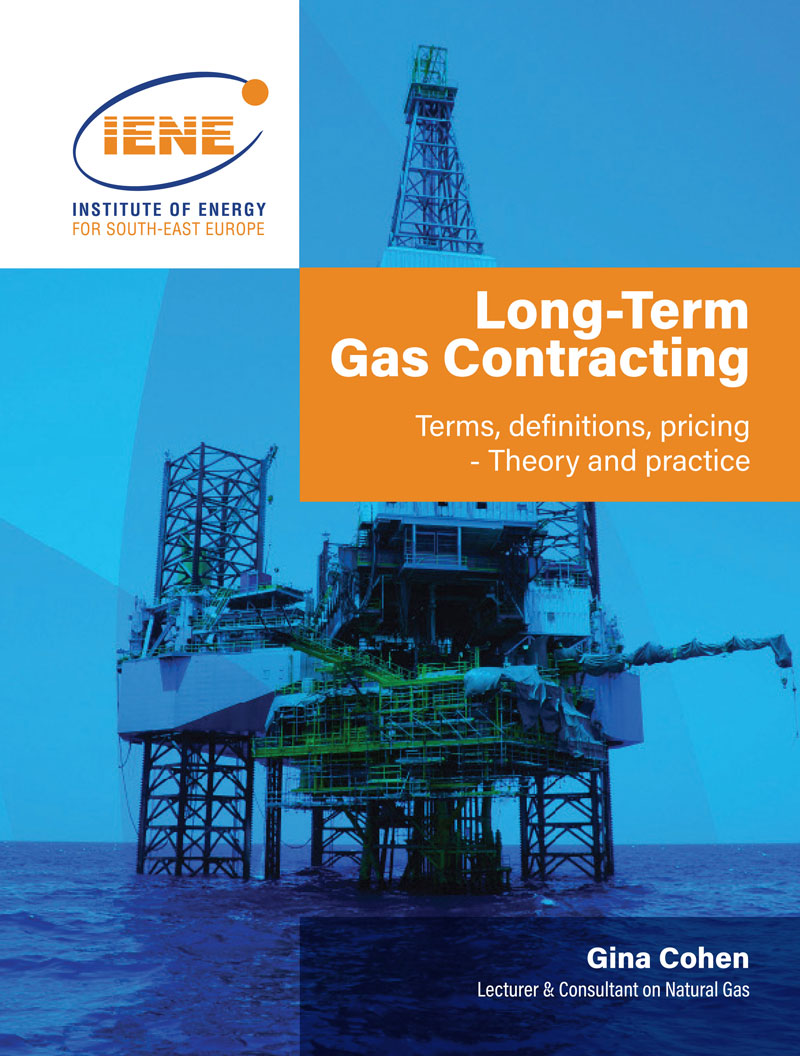 More
More
